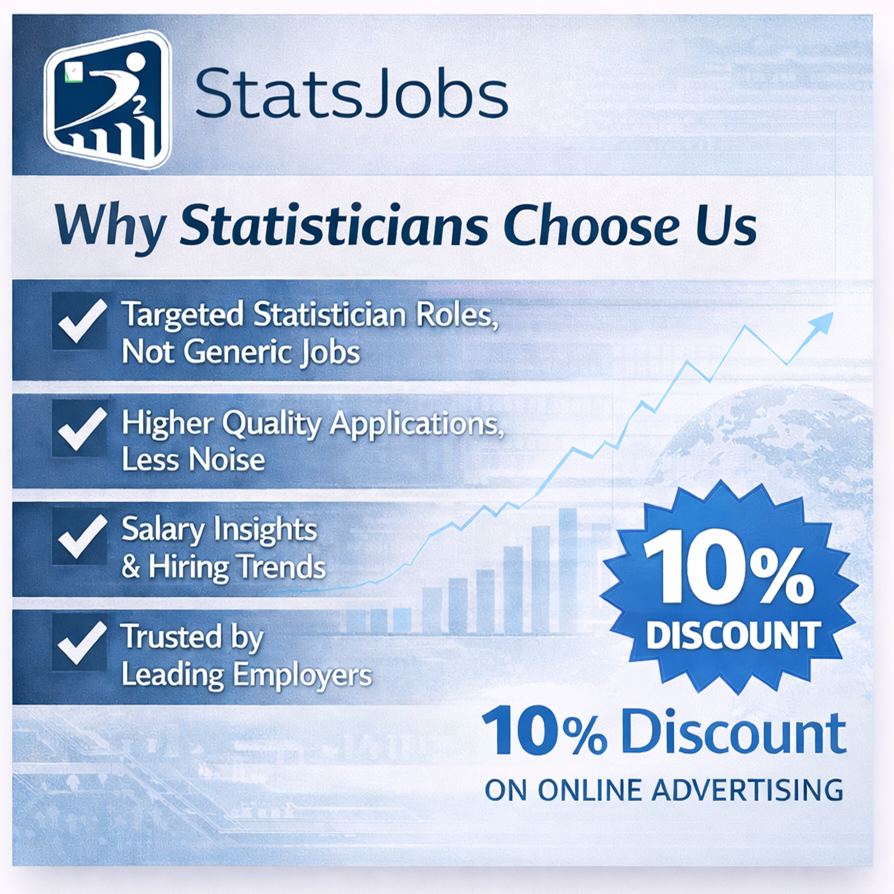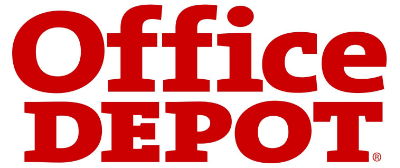In the madding crowd at a careers fair

Bathsheba Everdene and Gabriel Oak would feel right at home visiting a careers fair. They spend their time tending their sheep then bring them to market and seek a buyer. They’ll be hoping to get a good price but rumour has it that there are lots of people in sheep at the moment. If only they’d picked goats. Everyone’s buying goats these days, so some people are even shaving their sheep, putting on horned hairbands and attaching little fake beards to make them look like goats. Whatever your specialty, a careers fair these days actually looks like a crowded market-place and there are a few tips that will hopefully make for a more productive fair day.
Market research
A well-organised careers fair should provide a list of exhibitors in advance and a little homework can save a lot of time on the day. A few minutes of internetting can quickly tell you that QuantMuesli is more muesli than quant and that they’re not looking for data scientists. You can also plan a route around the venue, stopping with the people you really want to talk to, cruising past others to see what they’re wearing (see above), and taking in a presentation or two. Presentations can help either eliminate a company from further inquiry or alert you to one you hadn’t considered. It’s important not to get distracted, though, so a list of top five must-see companies is a good idea too.
When you arrive, look at the length of the queue and you’ll quickly realise how competitive the market is at the moment. It’s not one of those festival queues or overnight cheap holiday queues or big product launches. It’s much less collegial and everyone just wants to throw everyone else in the canal. Everyone seems to be wearing a uniform, you might notice. However, because this is a crowd of job-seekers, the candidates don’t quite have the cash to carry it off. You’ll see sharp grey suits and purple ties but it’s only when you glance down to the grubby brown school shoes that the illusion of sophistication shatters and you realise they look like door-to-door salesmen. Techies wear hoodies. Entrepreneurs wear fitted stripey shirts, jeans, and pointy shoes. While this kind of categorisation could be seen as lazy stereotyping, it can be a useful time-saving heuristic when there are a hundred stands and you need be selective about which queues you join once inside; if you’re in the sheep business, there’s no point talking to someone who’s looking to buy cabbages.
Networking
You don’t want to spend five precious minutes listening to someone tell you how they’re the third biggest manufacturer of widgets in the world, and how the five-year target is to become the second biggest. You just want to know whether they’ve any jobs for statisticians. In these cases, it’s good to be armed with a couple of short, polite, but incisive filter questions to quickly figure out whether it’s worth sticking around. For example, you might need to ascertain whether a big company operates that thing you do at the local site, that is, the one in the same country as the careers fair, or at the head office. If all they have here is a giant manufacturing plant you can either think about emigrating to where they do the hard sums or move to the next stand. Frustratingly, some companies won’t even be sure themselves what they’re looking for. In fact, one trend in the labour market is towards a we’ll-know-it-when-we-see-it kind of attitude. For these, leave a CV and don’t hold your breath.
There might be people from recruitment agencies there too. Recruiters who work in other areas, like construction, will only be able to give you really, really general advice. Ironically, they might tell you that more and more roles are filled through, ahem, a certain professional social networking site. For what it’s worth, the important things are your professional summary and your groups. Whatever your career stage, the summary contains your availability code. If you’re “interested in exploring new and exciting opportunities” you’re effectively wearing a big green sticker at a traffic-light party; if you’re more “I’m proud to be a sheep farmer at Everdene, Oak, and Associates where I have enjoyed seven quiet but blissful years” no one’s going to bother you. As for groups, the kinds of groups you’re in and how actively you participate will determine how high you rank when someone searches for that-thing-you-do. In the rest of your profile, it appears that jamming in as many keywords as possible should help; think foie gras.
When the day’s trading is done, it’s unlikely that you’ll retire to the local inn to seal the deal and sing a bucolic ballad. In fact, firm jobs offers are unlikely to be made after a five-minute standing-up interview so you’re more likely to go home and start anxiously checking your email for interview invitations. If the jobs market has gone all virtual and moved online, a careers fair is a useful reminder of what a market really looks like, how hard it is to get noticed, and how much your sheep are worth.
Sign up to receive our weekly job alert
Featured Jobs
Regulator of Social Housing
Birmingham, Bristol, Leeds, Manchester
March 01, 2026
Cabinet Office
London, Glasgow, Leeds, Manchester, Newcastle upon Tyne, Sheffield, York
February 26, 2026
Metronomia Clinical Research
Remote United Kingdom
February 25, 2026
Department for Environment, Food and Rural Affairs Apply before 11:55 pm on Monday 9th March 2026
Bristol, London, Newcastle-upon-Tyne, York
March 09, 2026
King's College London
London, UK
March 15, 2026















